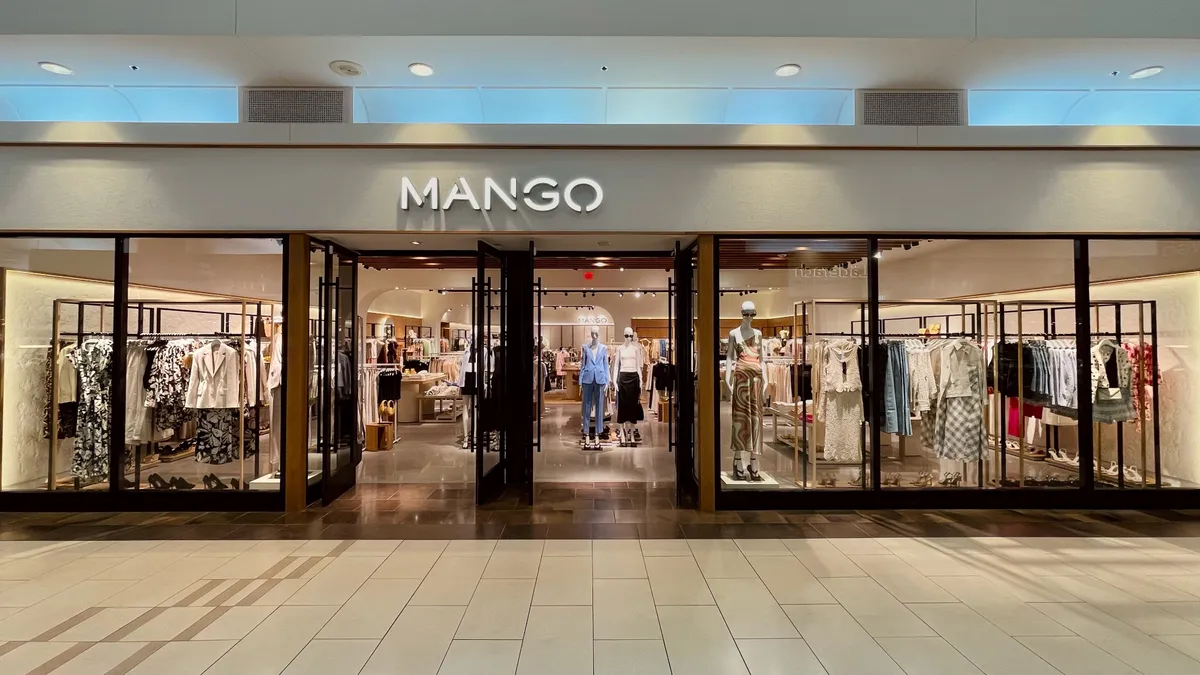ROCKVILLE, Md. — The biopharma supply chain is overwhelmed by blockchain's possibilities.
At an event hosted by the Center for Supply Chain Studies at Johns Hopkins University last week, biopharma industry leaders, blockchain service providers and members of the FDA gathered to learn about proof-of-concept (POC) pilots for the industry and discuss how the technology could be practically implemented to comply with the Drug Supply Chain Security Act's (DSCSA) track-and-trace mandate.
But when six teams — named after six different colors — presented their PoC pilot missions to industry decision makers, they spurred more questions than answers.
Some supply chains are conducting successful trials with blockchain technology. Biopharma is interested in its potential, mainly because the DSCSA deadline for all U.S. drug distributors to develop product traceability by 2019 is looming.
But blockchain may be just hype for the biopharma industry. According to a recent Gartner study, only 1% of surveyed CIOs reported adoption of blockchain into their operations, and 77% said they aren't interested in adopting it in the future.
As the discussion at Johns Hopkins evolved, it became clear the industry is nowhere near ready to practically implement blockchain throughout the drug supply chain. Below are some of the big questions and challenges with which the industry is struggling:
- If everyone within the drug supply chain uses a different blockchain solution, how do we integrate them?
- How do we customize a blockchain solution to serve our needs without compromising stable supply and patient safety?
- Technology evolves rapidly, but the drug supply chain doesn't.
- If not blockchain, what other tech solutions will help us comply with DSCSA?
In order to work out the kinks and challenges of adoption, biopharma companies need to start running blockchain pilot projects — but no one wants to try it first.
Blockchain needs integration with other tech solutions
Swamy Narayanaswamy, CTO and co-founder of CalQLogic, tried to address implementation and customization problems in a presentation discussing how his company could integrate with blockchain.
Companies like his that are already working with supply chains could integrate with various blockchain solutions to provide the kinds of services the biopharma supply chain needs.
CalQLogic harnesses a company's data from its different connected data sources and helps the company customize alerts — or "triggers" — for when something is off in a supply chain. With blockchain, a company like CalQLogic could access the entire drug supply chain's data and provide triggers to various supply chain players, assuming everyone along the chain adopts blockchain.
"From our perspective, if they transfer to the blockchain, it's just another data source for us," Narayanaswamy said.
Because CalQLogic operates via logic rules, Narayanaswamy thinks combining a company like his with blockchain can give the drug supply chain the information and clarity it needs to improve security and safety.
"Logic rules are a great formalism to articulate the governing principles of the blockchain between partners," according to his PowerPoint. "It beats reading code to understand what the parties have agreed to as the rules at a specific level."
You've got to get away from PowerPoint and the PoC environment to really start doing something.

Rahul Shah
Manager of Strategic Initiatives, Axiom
Narayanaswamy's presentation addressed the critical question of what biopharma companies are going to do with all the data they glean from a blockchain solution. In other words, it's not enough to experiment with a blockchain pilot at your company — you need to have a way to manipulate blockchain to your best advantage.
Therefore, not only do companies need to find a blockchain solution that works for them, but they also need to find a third party to help them sort and harness the data from the blockchain. Jumping on the blockchain bandwagon is a pretty big commitment.
"That's a reality we're going to face, we're going to have all this data (from the blockchain) and won't know what to do with it," said Bob Celeste, founder of the Center for Supply Chain Studies.
To know whether blockchain will work, you have try it
According to Celeste, experimenting with blockchain is the best way to see if it will work for the drug supply chain and satisfy DSCSA requirements. But because of the implementation questions, industry leaders are still hesitant that it will be worth the investment, prompting a panel discussion with some of the PoC pilot presenters.
Rahul Shah, manager of strategic initiatives at Axiom, thinks the best way for companies to work through their questions is to just pick a solution and experiment with it.
"It's like asking a five-year-old kid to drive a car," Shah said. "Let's not try to cross the ocean, here. You've got to start somewhere. You've got to get away from PowerPoint and the PoC environment to really start doing something. There is this massive word cloud about blockchain that is thrown at you and you don't know where to begin."
Shah suggested more education, or a sandbox environment for biopharma companies to test blockchain to see if it will work for them. But even the sandbox idea prompted event attendees to shout out comments like "We can't keep up with the technology change" and "Nobody wants to be the first one to do it."
"80-90% of the tech we're using is really old," said Stuart Coby, CEO and CTO of Authentag. "But there's risk in the new tech, and we're all about mitigating risk. And that's what's going to happen in everybody's industry. If you say in a board meeting, hey we're going to do blockchain, everyone's going to be really scared."
But that was one of the purposes of the event: to share PoC blockchain pilots to convince more of the industry to adopt. As Chronicled founder Susanne Somerville told event attendees, "Blockchain is a network beneficial solution. For a company by itself, it's not going to be very beneficial."
If blockchain can't help the industry meet DSCSA requirements, then what can?
If the entire drug supply chain can't get on board with blockchain, they need to find another way to meet DSCSA requirements, and fast.
"The big question is, what is the minimum viable network to get it to where it's functional?" Celeste said.
As an alternative to blockchain, Temptime's Executive Director of Global Health Policy Michael Rush presented IoT tracking solutions as a way to meet DSCSA traceability requirements. Temptime's IoT sensors allow the user to track and monitor temperature-controlled items through the cold chain, which could be a much simpler tech solution to implement since it only requires cooperation from one company — the manufacturer — not multiple companies along the supply chain.
But Temptime wasn't the only presenter. TS Systems, which also offers an IoT tracking service that customizes alerts for each client, also presented IoT as a viable alternative to blockchain, suggesting that maybe the industry isn't ready for blockchain, especially since they have so little time to meet the DSCSA requirements.
The drug supply chain, therefore, faces a chicken-and-egg problem: biopharma manufacturers and distributors don't want to implement blockchain unless they're convinced it's worthwhile, but they won't know if it's worthwhile until some (or all) of them try it.





















